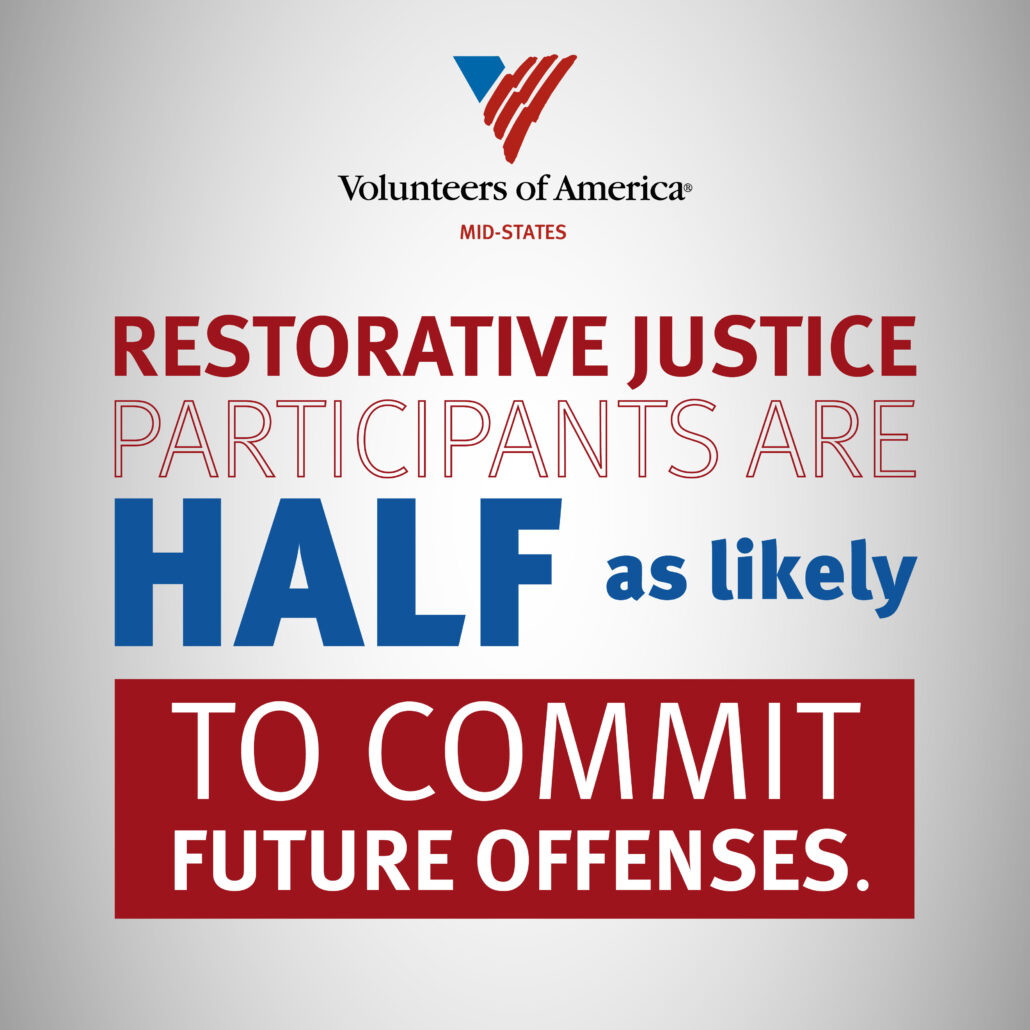Let’s say your business decides to ask employees to work from home for the next week due to coronavirus… and then you get call from a reporter asking about it.
What do you say? What SHOULD you say?
The rules for talking with the media about a public health issue are the same as any other time you’d talk with a reporter. Here are 5 quick tips for talking with the media.
1. Stick to what YOU know. You don’t need to explain how a virus spreads, or the impact of overseas supply chains. Just explain what is happening in your own business. No one has more expertise than you.
2. Be truthful. Be accurate and transparent. People need information they can trust and being secretive or embellishing the facts corrodes confidence in you and in your business.
3. Don’t speculate. Stick to the facts. Guessing at what could happen in a public health crisis can fuel panic … or create a false sense of security.
4. Focus on solutions. Complaining about whatever challenge you’re facing doesn’t help you, your employees, your customers or your community. Explain what you’re doing to overcome the challenge – in this case, proactively keeping employees at home. It positions you as forward-thinking and resourceful.
5. Talk to your stakeholders first. The first people who need to hear from you are those closest to you … your employees, your customers. Don’t let them be surprised when they see you on TV.
Remember, COVID-19 is a public health concern that will pass with time. Your goal is to maintain your organization’s reputation for the long haul. That means communicating with empathy, honesty and compassion… and that’s true no matter the subject.
— Kerri Richardson, C2 Strategic Communications
More Crisis Communications Tips










